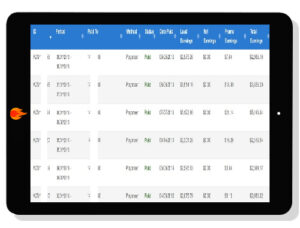W.D. Gann – Geometric Angles Applied To Modern Markets
Learn How To Properly Scale Your Charts For Successful Trading
W.D. Gann’s “Geometric Angles”
W.D. Gann was a famous stock trader and financial analyst who used geometric angles in his technical analysis. According to Gann, angles represent the relationship between time and price in the stock market. He believed that specific angles could be used to predict future trends and price movements. Gann used various tools such as a protractor, ruler, and square to create his angles.
He also believed that the angles could be used to identify key levels of support and resistance. However, the use of geometric angles in stock market analysis is highly controversial and many traders have different interpretations of Gann’s methods. Nevertheless, his theories and techniques continue to be studied and applied by traders and analysts in the financial industry.
What You’ll Learn In Geometric Angles Applied To Modern Markets?
Lesson #1 (60 minute private session):
W.D. Gann’s Introduction to Geometric Angles.
Importance of the square in nature.
Using the square to divide time and price proportionately.
Important angles within the square.
Common scaling problems.
How to scale charts for all markets and timeframes.
Lesson #2(60 minute private session):
What is a timekeeper?
Using timekeepers to scale charts for all timeframes.
Solving geometric angles for all markets and timeframes.
Squaring highs and lows using geometric angles.
Understanding and interpreting price action around geometric angles.
Lesson #3(60 minute private session):
W.D. Gann’s Mechanical Method as it applies to geometric angles.
Buying and selling points.
Analyzing the market using geometric angles.
Building an entry using geometric angles.
Trade management.
Lesson #4(60 minute private session):
Analyzing live market conditions using geometric angles (live trading session).
Top down analysis of any market you choose.
Identifying sections of the market.
Understanding possible market scenarios.
Speculating the next highest probability move in the market.







